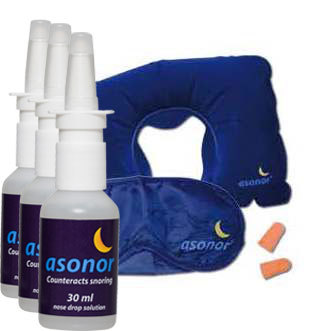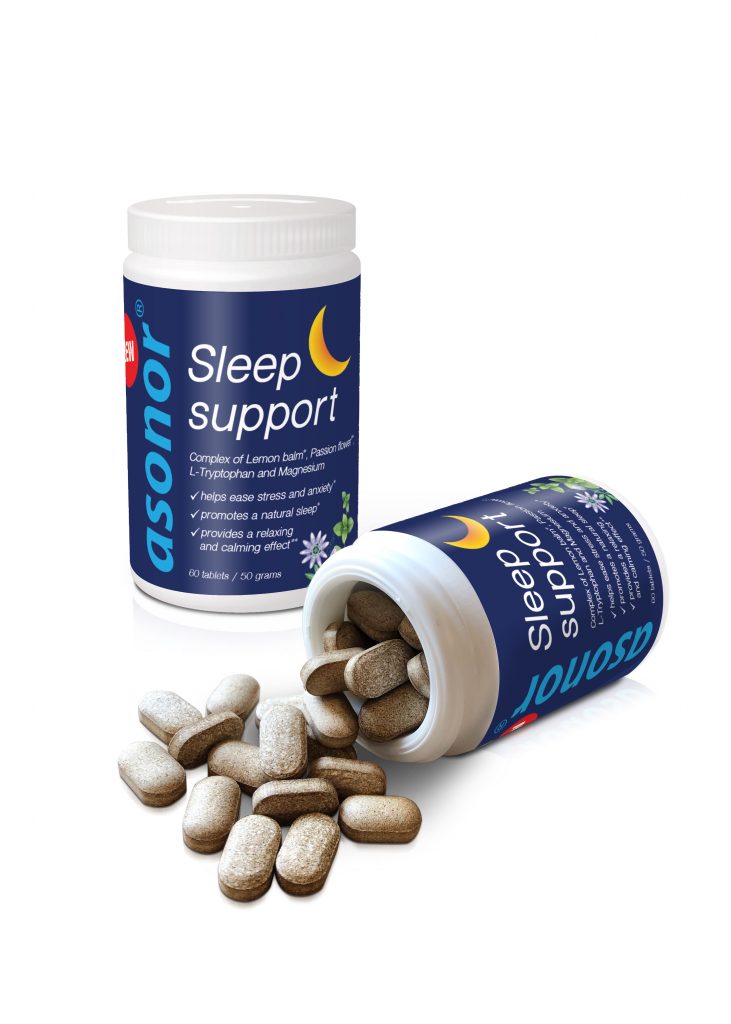Snoring is mostly the result of unhealthy lifestyle habits that adversely affect your well-being. The sooner you realize this, the better off you will be. Common habits such as smoking, alcohol consumption, eating unhealthy food at irregular hours, longer working hours, extreme physical exhaustion, overwork, insomnia, and many others like it do not only cause snoring but these also elevate the risk of diabetes, high blood pressure, and heart stroke.
None of these can be controlled in a day or two and as such, they demand a closer look and a radical transformation in your everyday routine.
Why Do People Snore?
Snoring is a form of sleep apnea, but not all snorers have sleep apnea either. This diagnosis is only done post sleep assessment by a sleep expert. Once confirmed, it shall be treated as an incurable illness that has only treatments and remedies at disposal.
Some of the home remedies include the following –
1. Exercising on a daily basis:
Exercise has many health benefits including putting a stop to snoring. You may start to see the results soon provided that you apply yourself and follow a strict regimen prepared by a certified weight-loss expert.
2. Get complete 7 to 8 hours sleep:
Proper sleep leads to proper functioning of the body. Right from the digestive system to the blood circulation depends on the amount of rest your body gets each night. Try to get up to 8 hours of sound sleep every night for best results.
3. Keep your bed, pillows and home clean:
Unhygienic surroundings are one of the primary causes of snoring. Dust particles get into pillow cases and make a home there unless washed. When you go to sleep, these dust particles hinder your breathing process by blocking the air passage inside of you. It is best to get therapeutic pillows with appropriate pillow covers that don’t allow dust to settle or trap inside the fabric.
4. Get shots during flu season:
Although this is not exactly a home remedy, it is however a basic one. During the flu season, your local clinic will offer free flu shots, do not ignore them. Snoring gets even worse when you are sick. Not only you are unable to breathe, but it gets even louder.
5. Clear nasal passages:
If you are experiencing dry or stuffy nose, rinse such sinus with saline water before bed. You may use nasal strips to help facilitate breathing. Sinuses can occur due to allergies from dust or even pet hair.
6. Keep the air inside your home a bit moist:
Dryness irritates the inner membranes of the throat and the nose, so maintain a decent amount of humidity inside your room.
7. Use a chin strap and a mouth guard:
Both of these snoring solutions are easy to use. A mouth guard is simply placed on your lower jaw or tongue during sleep. And a chin strap keeps your jaw steady and aids those who sleep with their mouth wide open.
How To Stop Snoring
Before you can stop snoring, it is important to identify the cause of your individual snoring and then make appropriate changes to your lifestyle and seek treatment. It is important to maintain proper weight. Extra layers of fat around the neck or throat can narrow the airways, leading to higher tissue vibrations, when you breathe, termed as snoring. It is better to sleep on your side as that prevents your tongue from falling back into the throat, creating a partial blockage. It is recommended to avoid alcohol before sleeping as it tends to relax the throat muscles aiding snoring. Additionally, sleep on time and use anti-snoring devices for better airflow and breathing. Use decongestants for nasal congestion and treat allergies to stop snoring.
When To Contact a Healthcare Provider
It is best to contact a healthcare provider for your snoring issue when you are snoring regularly, loud and have breathing pauses at night. If it is disrupting your sleep or is disturbing your bed partner’s sleep, it needs to be medically evaluated. Chronic snoring is a sign of Obstructive Sleep Apnea, especially if there are frequent pauses in breathing or you wake up choking during sleep. Other warning signs include difficulty in concentration, daytime sleepiness, irritability, morning headaches and mood swings. If natural remedies or lifestyle changes do not make a difference, you need to see a healthcare provider to recommend a sleep study or consult with a ENT specialist.
Conclusion
Although home remedies to stop snoring are effective ways to have a restful night’s sleep, you might want to make some lifestyle changes such as:
- Sleeping on your side
- Quit smoking and avoid alcohol close to bedtime
- Have a healthy weight
- Use a humidifier in the bedroom
- Use nasal sprays to clear nasal congestion
- Treat allergies
- Use herbal remedies to reduce inflammation and soothe the throat
- Elevate your head using pillows, so that your airways are open during sleep
- Practise sleep hygiene
Though it helps a lot of people with mild to moderate snoring, if it does not help you to reduce or stop snoring, you can seek medical evaluation.
FAQs
Staying hydrated, sleeping on your side, not smoking and limiting alcohol consumption can help to reduce snoring naturally. Additionally, using a humidifier and keeping nasal passages clear can help you breathe better and reduce snoring considerably.
Yes, it is true that lack of sleep can cause snoring because when you are overly tired, the throat muscles relax when you are in deep sleep. That increases airway obstruction and causes snoring. Poor sleep routine leads to disruptions in breathing and makes snoring louder.
Yes, dirty bed or pillowcan enhance snoring as it collects pet dander, allergens and dust mites which can irritate the airways. Inflammation or swelling narrows the airways as does nasal congestion making it difficult to breathe when asleep. That increases snoring. That is why clean bedding is essential for good sleep.
Though getting a flu shot will not reduce snoring completely, but it helps to prevent nasal congestion and other respiratory infections. By reducing the risk of flu-related breathing issues, the flu vaccine can help you keep the airways clear and improve sleep, as you snore less.
It is essential to keep your nasal passages clear by using a saline spray, hot steam inhalation to decongest the mucus naturally and use a humidifier to moisten the dry air. It is important to address allergies, change bedding on a regular basis. Drink plenty of water to stay hydrated.








